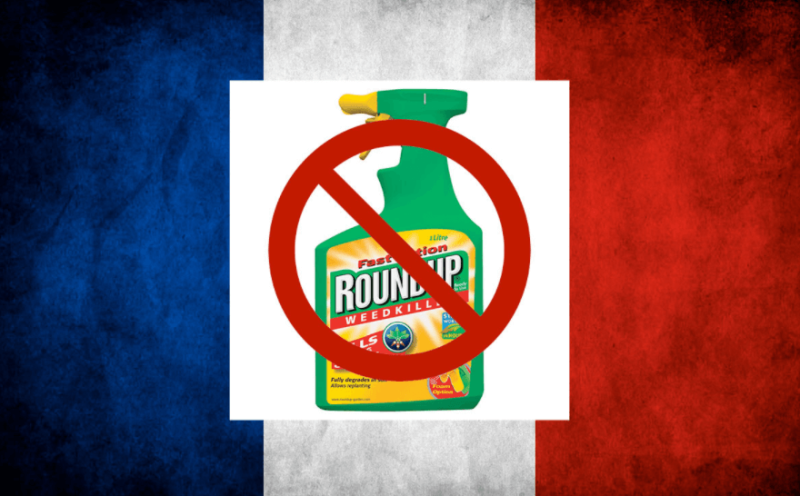[France’s Environment Minister Nicolas Hulot] reiterated Paris’ opposition to the re-authorisation of Monsanto’s weed killer Roundup. A vote on the issue is expected on 4 October.
“France will vote against a re-authorisation of glyphosate for ten years given the uncertainties that persist with regard to its dangerousness,” AFP quoted a source in the ecology and sustainable development ministry as saying.
…
Arnaud Rousseau, President of the French Federation of Oil Producers (FOP) wrote on Twitter that “banning glyphosate would mean “the end of agroecology”.
“All farmers who practice conservation agriculture and have stopped tillage to capture carbon in soils, according to the principles set up at COP21, will have to stop this type of agriculture if they cannot use glyphosate punctually to clean the fields just prior to seeding, when the frost did not remove the plant cover planted just after the harvest,” he told AFP.
Conservation agriculture (CA) is based on three principles: no-till (or minimal soil disturbance), organic soil cover, and diversified crop sequence. In this way, this type of agriculture enables farmers to increase productivity, adapt to climate change and reverse environmental degradation.
Speaking at the AGRI Committee of the European Parliament in July, Gottlieb Basch, President of the European Conservation Agriculture Federation (ECAF), told MEPs, “Glyphosate is an important substance for agriculture, not just for Conservation Agriculture but for conventional agriculture too”.
The GLP aggregated and excerpted this article to reflect the diversity of news, opinion and analysis. Read full, original post: Glyphosate ban will kill ‘conservation agriculture’, French farmers warn
































